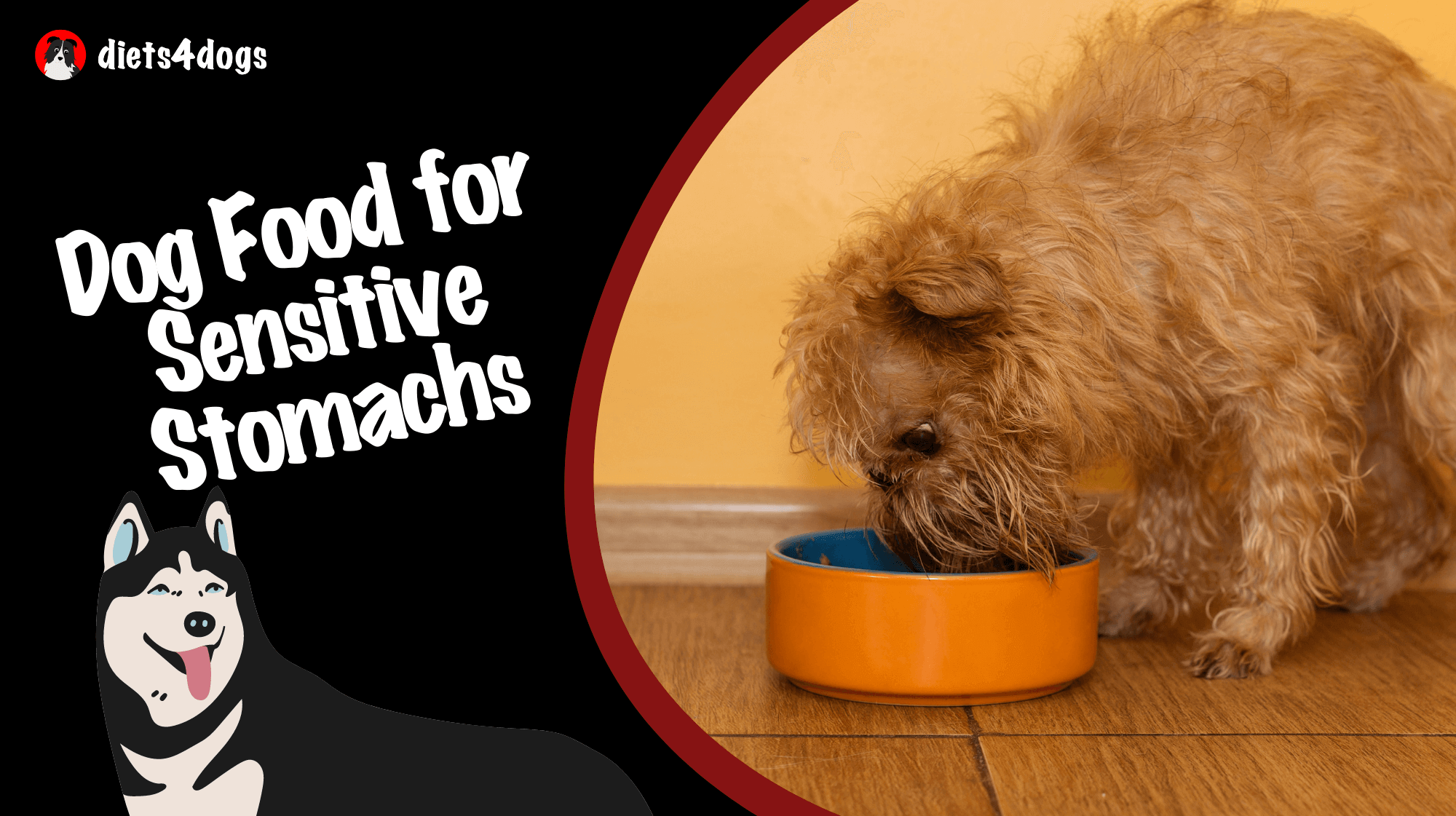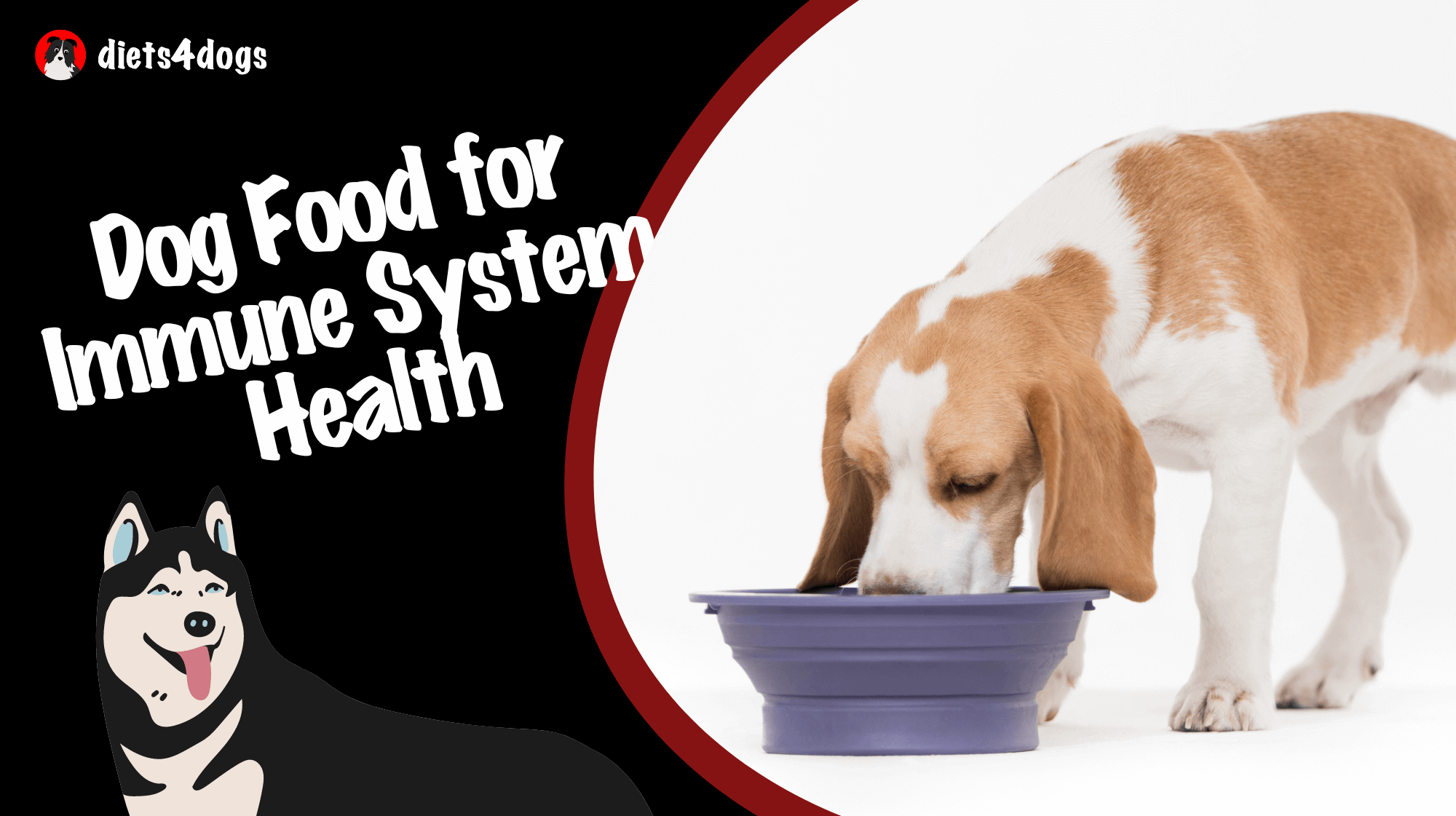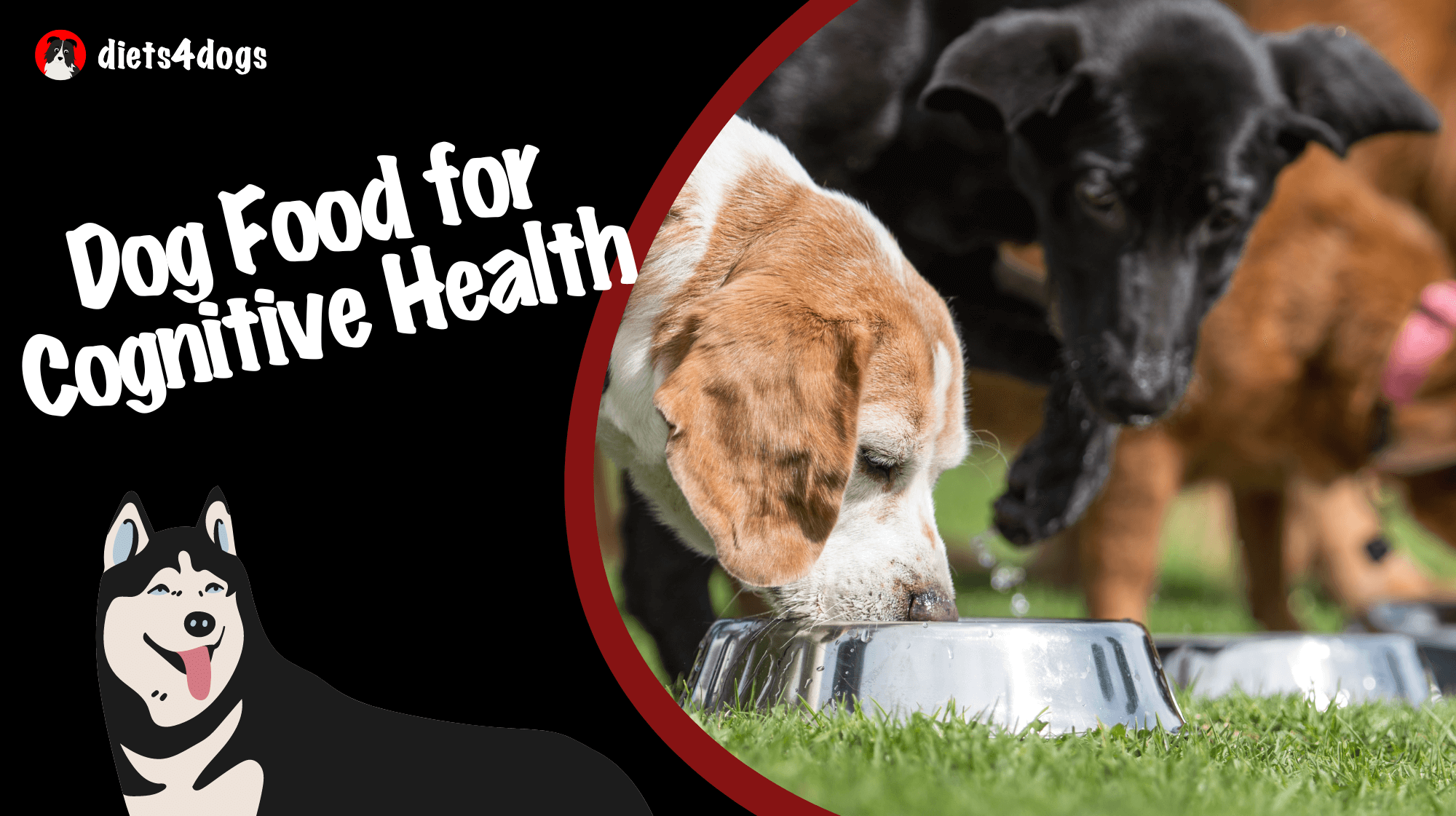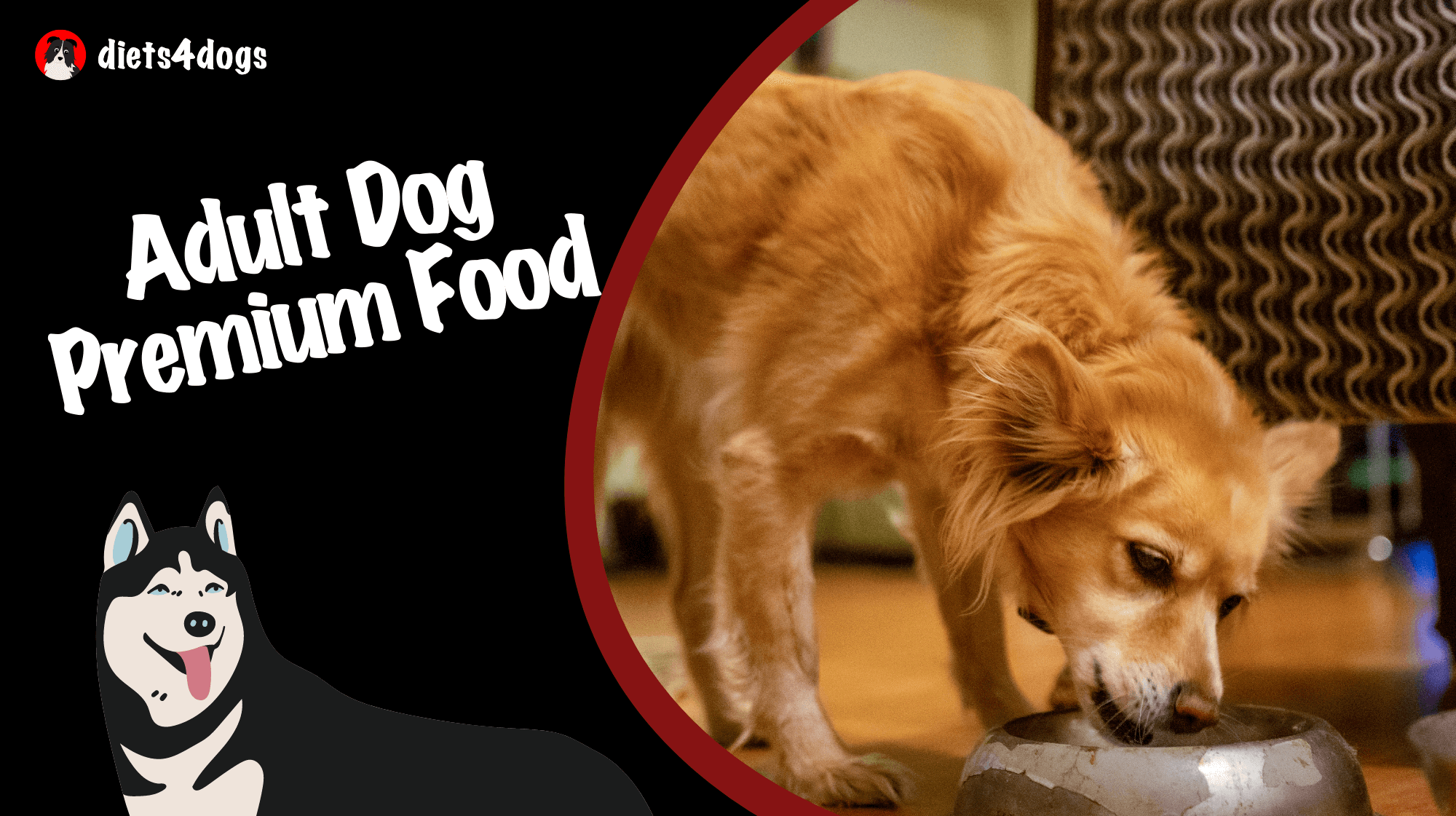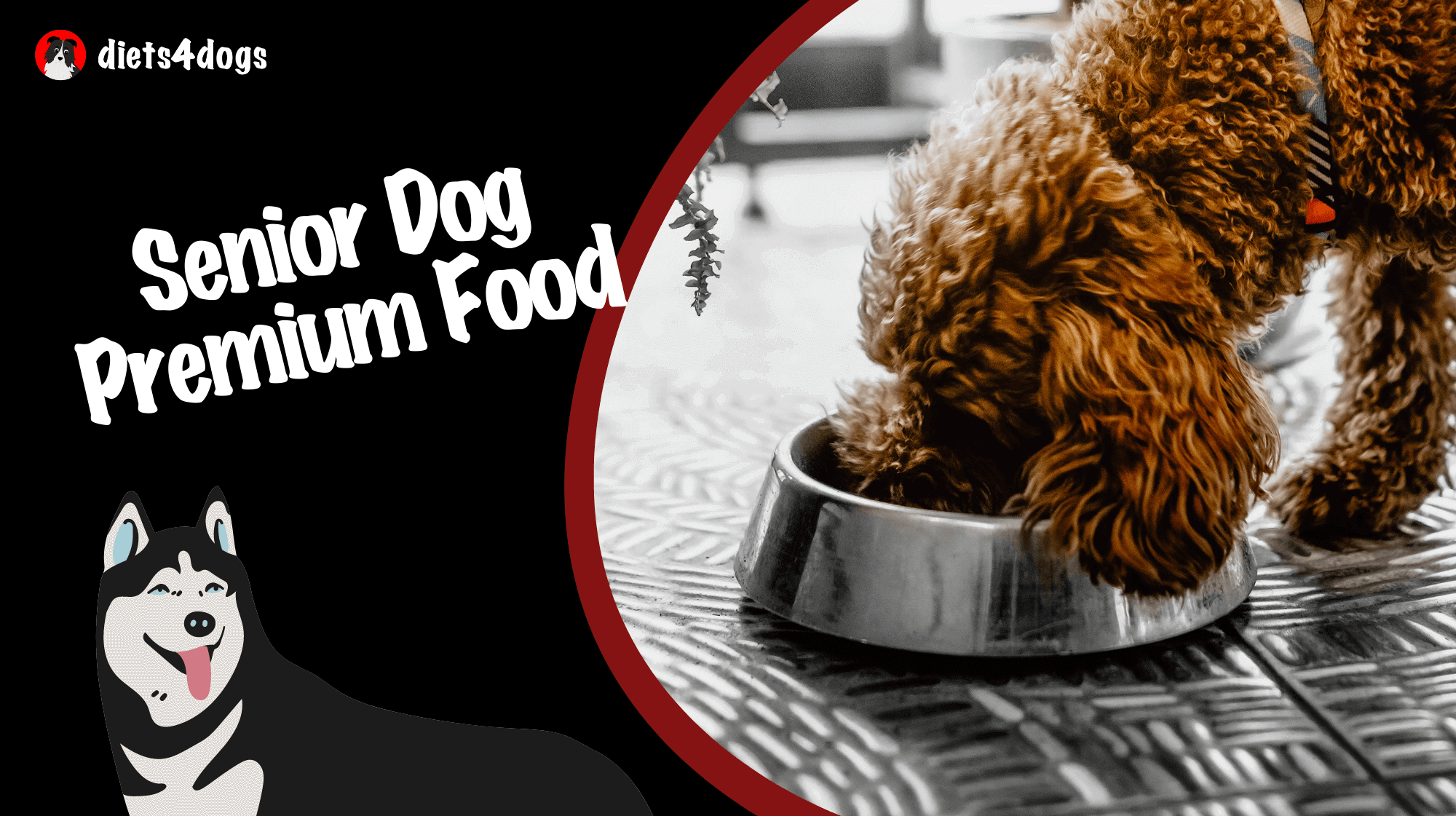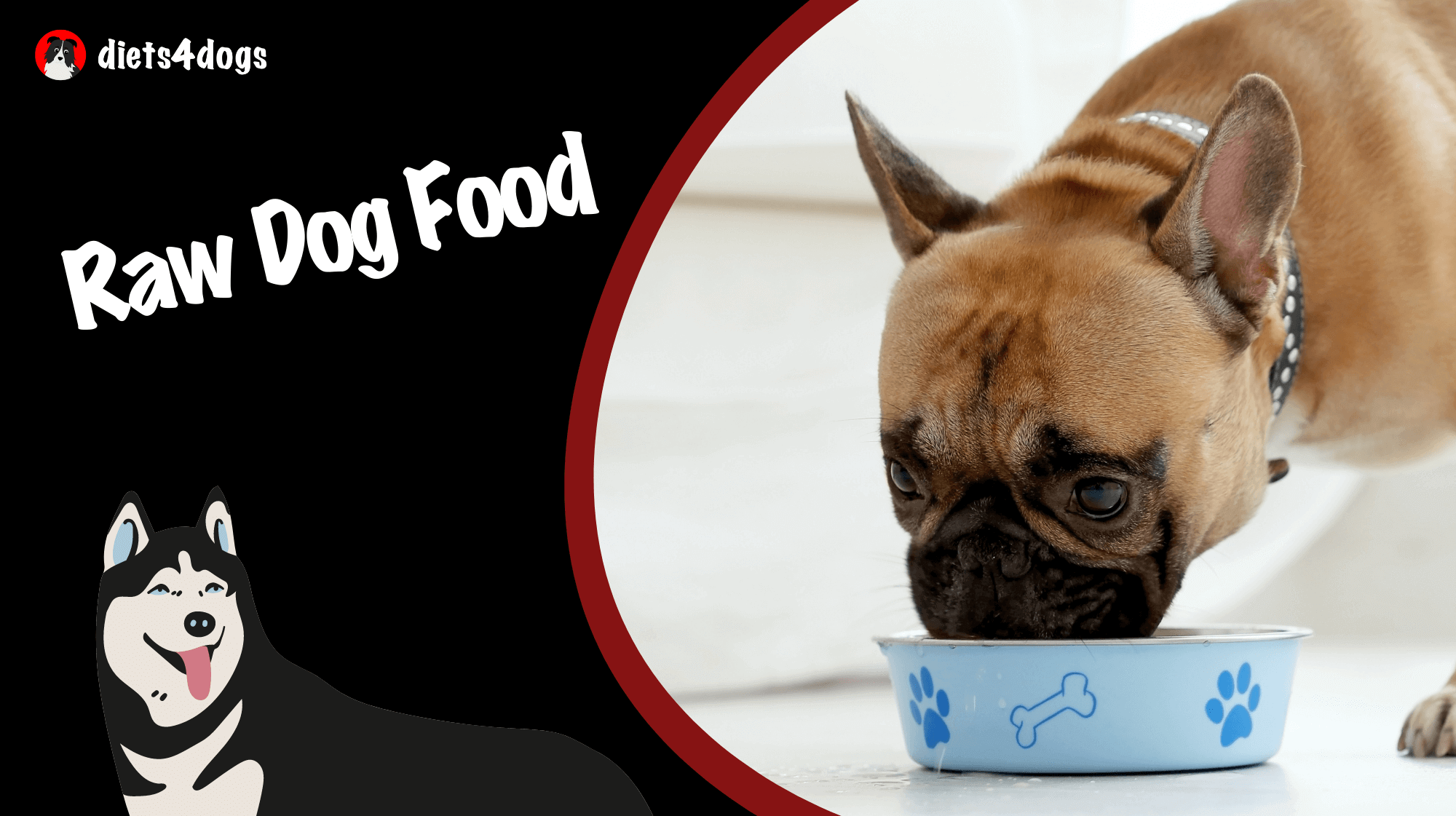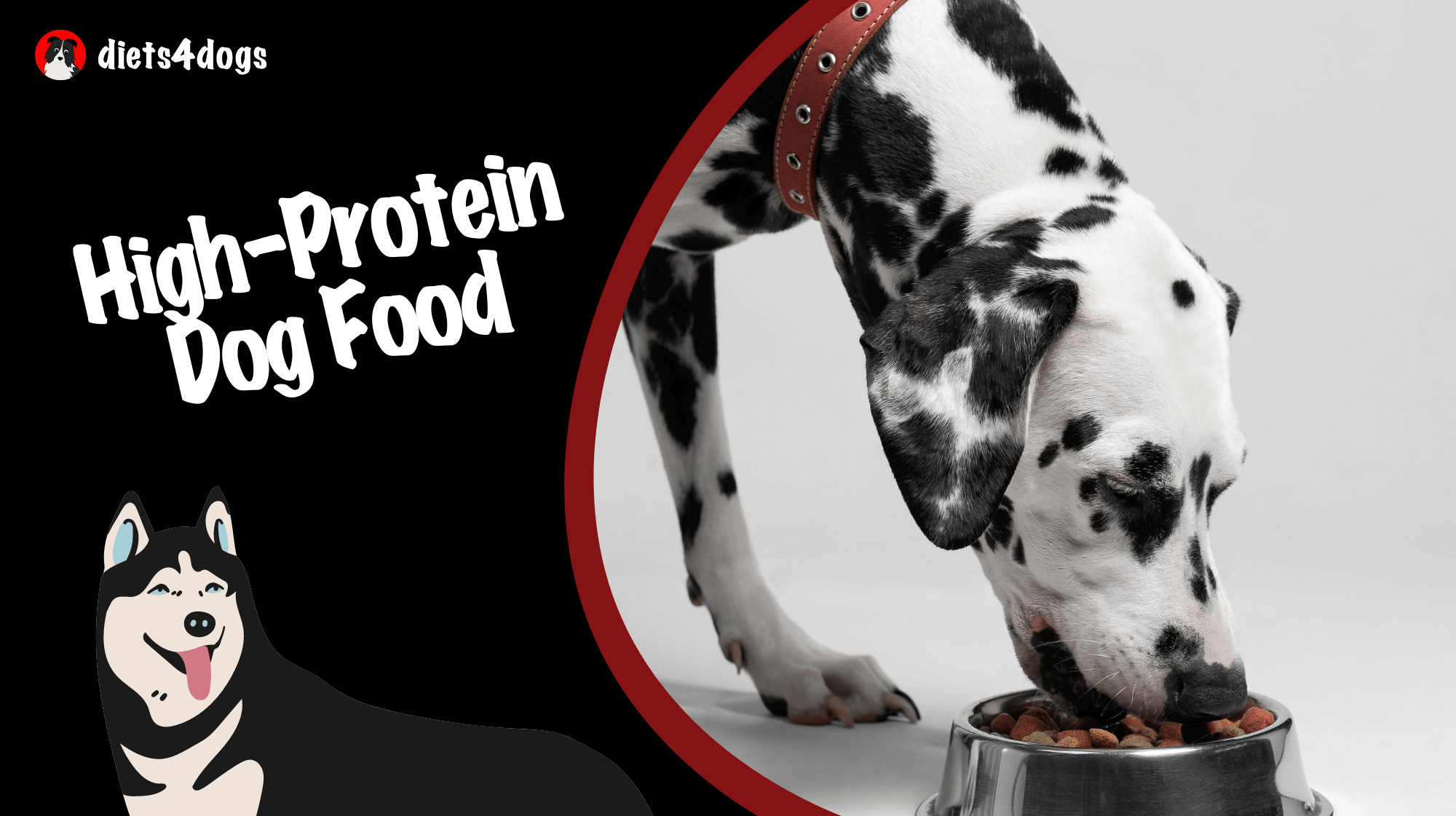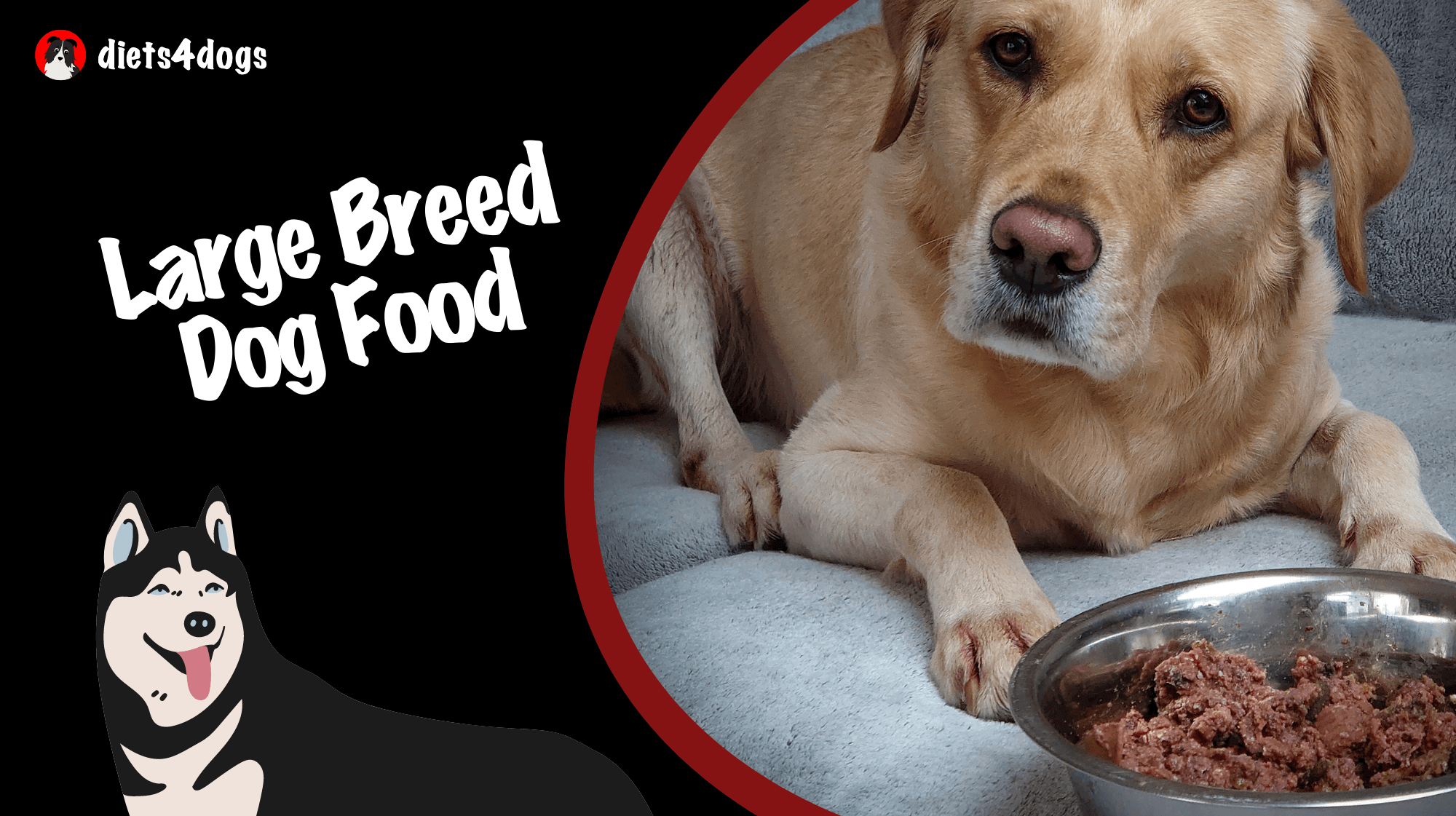As a loving dog parent, you know that finding the right food for your furry companion’s sensitive stomach can be a tail-chasing task. In this fun and informative blog post, we’ll sniff out the reasons behind sensitive stomachs in dogs, the benefits of going the premium dog food route, and unveil the top brands that serve up high-quality options to bolster your dog’s digestive health. With our expertise at paw, you can feel confident in choosing the best food for your canine’s tummy and taste buds. So, let’s unleash the knowledge and have a doggone good time exploring the world of dog food for sensitive stomachs!
Dog Food for Sensitive Stomachs: Premium Brands to Consider
To support dogs with sensitive stomachs, consider premium brands such as Hill’s Science Diet, Royal Canin, Blue Buffalo, Purina Pro Plan, and Merrick that offer high-quality ingredients, limited-ingredient recipes, and specialized formulations tailored to digestive health. These brands focus on using natural ingredients, with added vitamins and minerals, to ensure proper nutrition while minimizing the risk of stomach sensitivities.
Unearthing the Culprit: Causes of Sensitive Stomachs in Dogs
While slobbery kisses and never-ending loyalty are enduring doggy traits, sensitive stomachs might also be something your furry friend exhibits. Several factors can contribute to digestive issues, making it imperative to understand the underlying causes before diving into premium dog food options.
Food Intolerances and Allergies
Some dogs simply cannot process certain ingredients such as gluten, dairy, or soy, leading to food intolerances. In other cases, they may develop full-blown allergies to specific ingredients, causing gastrointestinal troubles.
Dietary Misadventures
Adventurous pooches can end up ingesting things they shouldn’t, like household items or spoiled food from the trash. This dietary curiosity can lead to irritation and upset stomachs.
Excess Fats and Rapid Diet Changes
A sudden increase in dietary fat or a rapid switch to a different dog food can trigger stomach sensitivities. Gradual transitions and careful monitoring of fat content can make a world of difference.
Laying the Foundation: The Benefits of Premium Dog Food for Sensitive Stomachs
Premium dog food provides an array of benefits for dogs experiencing stomach sensitivities, one of which is the use of high-quality, natural ingredients. Premium brands take extra care in crafting recipes that promote easier digestion and improve overall health.
High-Quality Protein Sources
Opting for a premium dog food ensures that your pooch is getting a high-quality protein source, which is more digestible and less likely to cause adverse reactions.
Limited-Ingredient Recipes
Premium brands offer limited-ingredient food options designed to reduce the risk of triggering sensitivities. These recipes focus on a single protein source and few carbohydrates, allowing your dog’s stomach to process food smoothly.
Fortification with Essential Nutrients
Along with natural ingredients, premium dog food is enriched with essential vitamins and minerals, which help bolster immunity, support a healthy digestive system, and maintain overall well-being.
Top Premium Brands for Sensitive Stomachs: Guest List of the Tail-Wagging Party
With an understanding of the benefits that premium dog food can bring to your canine friend, let’s explore the top brands offering high-quality options for sensitive stomachs.
Hill’s Science Diet
Known for its scientific approach to pet nutrition, Hill’s Science Diet offers a sensitive stomach line that features easily digestible ingredients and a balance of essential nutrients to optimize digestive health.
Royal Canin
Royal Canin presents breed-specific as well as tailored formulas to address dog food sensitivities. Their recipes consist of prebiotics for a healthy gut and a blend of fibers to promote digestion.
Blue Buffalo
With its focus on all-natural ingredients, Blue Buffalo brings forth the recipe for success in their Basics Limited Ingredient Diet. This line boasts single animal protein sources, effortlessly digestible carbohydrates, and valuable nutrients.
Purina Pro Plan
Purina Pro Plan’s sensitive stomach offerings come packed with high-quality protein, easily digestible rice, and prebiotic fiber. Their nutrient-rich formula supports a healthy gastrointestinal system and strengthens your dog’s immunity.
Merrick
Merrick’s Limited Ingredient Diet is crafted with a single animal protein source, eliminating common allergens and providing a straightforward recipe to delight sensitive stomachs. Plus, the blend of vitamins and minerals further enhances overall wellness.
Considering Your Dog’s Unique Needs: Personalizing Dog Nutrition
While premium brands offer specialized options to address sensitive stomachs, it’s important to account for your canine’s individual requirements. Factors like age, breed, activity level, and weight can influence the type of dog nutrition necessary for your pet to thrive. So, how can you tailor your dog’s food choices to their specific needs?
Consult Your Vet
Speak to your veterinarian about your dog’s stomach sensitivities and any symptoms they’ve exhibited. Based on their analysis, your vet can recommend a specific dog nutrition plan or suitable premium dog food formula to address gastric discomfort and discomfort prevention.
Experiment with Different Protein Sources
Since allergies or intolerances often link to protein sources, consider trying various animal proteins such as chicken, turkey, salmon, or venison. Observe how your dog reacts to each protein source and select a formula that aligns with their well-being.
Observe and Adjust
Monitor your dog’s overall health and stool consistency as you introduce a new food. Keep an eye out for improvements and any indications that the new diet may not be a good fit. Patience and attentiveness can help you determine the most appropriate choice for your canine companion.
Grain-Free vs. Grain-Inclusive: The Great Dog Food Debate
Grain-free dog food has been a popular choice among pet owners looking to manage their fur babies’ stomach sensitivities. However, recent studies have revealed that grain-free diets may be linked to certain heart issues in dogs, specifically dilated cardiomyopathy (DCM). Contrarily, some pups thrive on grain-free food, which might put you in a bit of a pickle.
Understanding the Pros and Cons
Grain-free food can aid dogs with grain allergies or sensitivities, delivering a nutrient-rich diet without any adverse reactions. However, not all dogs require a grain-free diet, and grains like rice or barley provide essential energy sources and fiber. It’s important to weigh the pros and cons and consult your veterinarian to evaluate whether a grain-free or grain-inclusive diet is the best course of action for your specific dog.
Reconsidering Grain-Inclusive Diets
Grain-inclusive diets can be just as beneficial for sensitive-stomach dogs as long as the grains are easily digestible and well-tolerated. Rice, barley, and oats are examples of wholesome grains that can be seamlessly integrated into a sensitive stomach dog’s meal plan. Again, communication with your vet and a strategic approach are keys to identifying the ideal diet for your dog’s individual needs.
Frequently Asked Questions: Canine Dietary Curiosities
We understand that dog owners often have a barrage of questions pertaining to sensitive stomachs and premium dog food. The following FAQ section addresses ten common questions in a clear and concise manner to help you make the best dietary choices for your furry friend.
1. What are the most common signs of a sensitive stomach in dogs?
Typical indicators of a sensitive stomach include vomiting, diarrhea, excessive gas, abdominal pain, and changes in appetite or energy levels. If your dog exhibits any of these signs, consult your veterinarian for a proper assessment and guidance on suitable food choices.
2. How do I know if my dog needs a sensitive stomach formula?
If you suspect a sensitive stomach, consult your veterinarian. They will evaluate any symptoms and may recommend a dietary trial to determine if a sensitive stomach formula is appropriate for your dog.
3. How long should I wait before seeing improvements in my dog’s sensitive stomach after switching food?
It may take several weeks for your dog’s digestive system to adjust to a new diet. If you don’t notice any improvements after four to six weeks, consult your veterinarian to reevaluate your dog’s dietary plan.
4. What is the appropriate transition period when switching to a new dog food?
When transitioning to a new dog food, it’s best to do so gradually over 7-10 days. Start by mixing a small amount of the new food with the old food and gradually increase the new food proportion while decreasing the old, monitoring your dog’s reaction throughout the process.
5. What should I do if my dog refuses to eat the new sensitive stomach formula?
If your dog is reluctant to eat the new formula, try warming the food slightly or add some low-sodium broth or warm water. If your dog continues to refuse, consult your veterinarian for alternative food options or methods of enticement.
6. Can I still feed my dog treats if they have a sensitive stomach?
Yes, you can give treats to a dog with a sensitive stomach; however, choose treats with limited ingredients and avoid any that contain common allergens or irritants. Monitor your dog’s reactions to ensure that the treats do not exacerbate their stomach sensitivities.
7. How can I help prevent stomach sensitivities in my dog?
Preventive measures for stomach sensitivities include feeding a balanced diet, avoiding rapid dietary changes, monitoring fat content, and limiting access to foreign objects or inappropriate foods. Regular checkups with your veterinarian are also crucial for maintaining your dog’s overall digestive health.
8. Can my dog’s stomach sensitivities improve or resolve completely over time?
Yes, certain stomach sensitivities can improve or even resolve completely with proper dietary management and healthcare. However, some dogs may have long-lasting sensitivities that require ongoing dietary management and monitoring.
9. Are there any supplements I can give my dog to support their sensitive stomach?
Probiotics, digestive enzymes, and certain fiber sources can help support your dog’s digestive health. Consult your veterinarian before introducing any supplements, as they will be able to recommend the most suitable options based on your dog’s specific needs.
10. What other lifestyle changes can benefit my dog’s sensitive stomach?
Besides following an appropriate diet, maintaining a consistent feeding schedule, providing fresh water, ensuring regular exercise, and managing stress can contribute to a happier and healthier digestive system for your dog.

